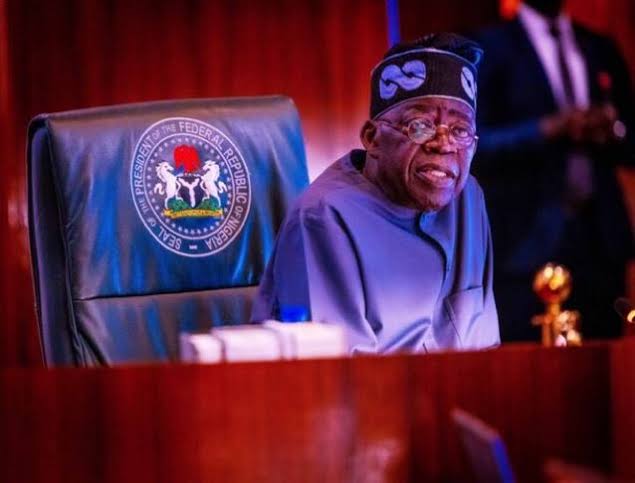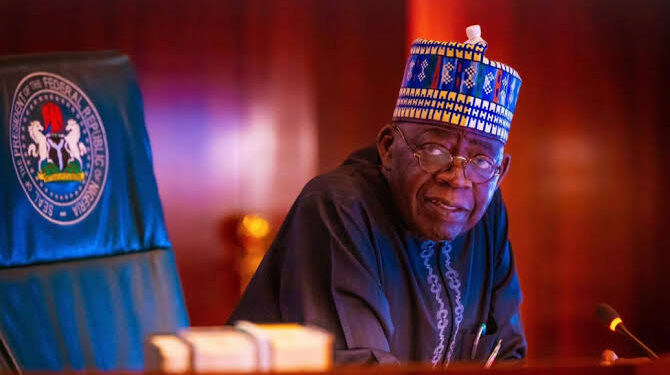President Bola Tinubu, on Wednesday, unveiled the 2025 budget proposal, tagging it as a “Restoration Budget” while presenting it to a joint session of the National Assembly. Tagged with ambitious promises and bold projections, this N47.9 trillion proposal seems to be aiming for everything, security, prosperity, and alot more.
In his 30-minute speech, Tinubu highlighted key allocations, emphasizing defence and security at N4.91 trillion, infrastructure at N4.06 trillion, education at N3.5 trillion, and health at N2.4 trillion.
One standout figure from the budget is the N15.81 trillion set aside for debt servicing. Debt servicing alone swallows a third of the entire budget. Tinubu, with his characteristic optimism, assured Nigerians that debt reduction is a priority, saying, “I promise we have to bring it down.” A comforting thought, except for the glaring reality that debt has ballooned under his administration, raising concerns about how realistic these promises are.

To fund this audacious budget, the government is banking on a projected revenue of N34.82 trillion, leaving a budget deficit of N13.08 trillion—3.89 percent of GDP. While Tinubu paints this as a necessary step to “retool and revamp” the economy, I believe that Nigeria is borrowing against its future without a clear plan to generate the revenue required to offset these deficits.
Tinubu’s projections for inflation and exchange rates are equally unclear. The President claims inflation will be slashed from 34.6% to 15% and the exchange rate will stabilize at N1,500 to a dollar, down from the current N1,700. Admirable goals, but given the government’s track record, these targets might just be another set of numbers designed to pacify Nigerians.
Amidst the lofty promises, Tinubu made sure to highlight his focus on “building prosperity” through hefty allocations to defence and security. While no one denies the importance of national security, allocating N4.91 trillion to this sector raises questions about the government’s priorities when education and healthcare continue to suffer from systemic neglect. The government is more interested in fighting external battles than addressing the internal war against poverty, illiteracy, and poor healthcare.
The health sector’s allocation of N2.4 trillion and education’s N3.5 trillion might sound impressive at first glance, but they pale in comparison to what is needed to change these critical sectors. Nigerian universities are still struggling with underfunding, and hospitals remain ill-equipped, forcing citizens to seek healthcare abroad.
Tinubu’s “Restoration Budget” is ambitious, but without practical strategies and transparent implementation, it risks becoming yet another exercise in futility.

















